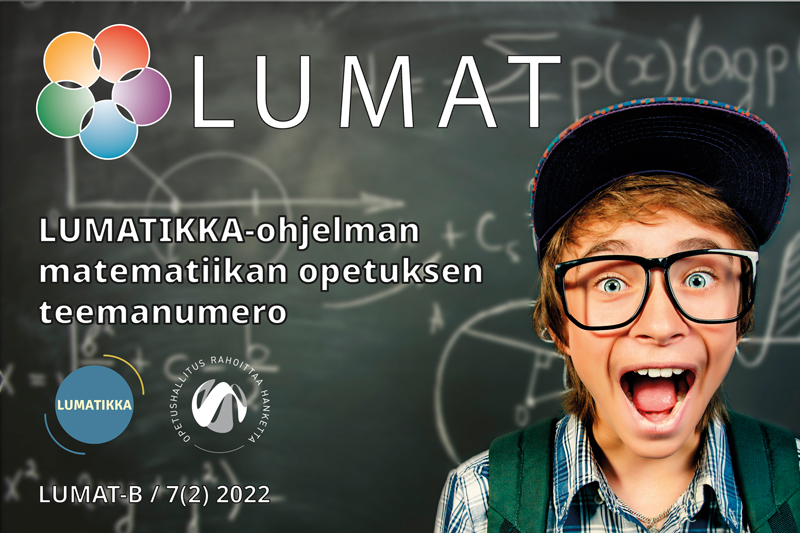Conducting self-assessment in primary and upper secondary school
The opportunities offered by mathematics
Keywords:
formative assessment, mathematics, primary education, upper secondary schoolAbstract
With the development of curricula, the emphasis on assessment has been shifted from assessment of results to assessment of learning process, i.e. formative assessment. The change is explained by the benefits of formative assessment; it has been shown to have many learning-enhancing effects. From the point of view of mathematics, formative assessment has been found to support central skills, such as the deepening of thinking skills and the critical examination of one's actions. Formative assessment can be executed in numerous ways, but teachers have often found it challenging to implement it in their practical teaching work. This article links together what self-assessment could mean at distinct stages of the school path. We present how self-assessment can be applied; while students in primary education still focuses on the ability to reflect emotions, in upper secondary school, students delve into more cognitively challenging issues, such as one's actions, heuristics, and learning.
Downloads
Published
How to Cite
Issue
Section
URN
License
Copyright (c) 2022 Susanna Toikka and Lasse Eronen

This work is licensed under a Creative Commons Attribution 4.0 International License.





